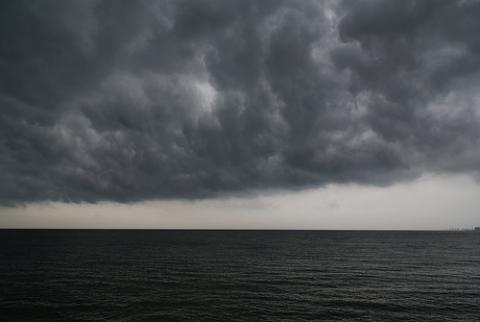Leaving it to business

Irish business cut employment in the traded sectors during the boom. There is little reason to believe it will step up to the task of job creation now. By Michael Taft.
When publishing its submission to the Government in anticipation of the Jobs Initiative, IBEC’s Danny McCoy stated:
‘Business will provide the job opportunities that the country so desperately needs, but Government must ensure the conditions are right.’
This comes straight from the climatology school of enterprise development – the Government gets the ‘business climate’ right (low taxes, low regulation, labour ‘flexibility’, tax incentives, etc.) and business does the business. We just sit back and watch the jobs and wealth flow in.
But before we adopt this as our national anthem let’s put it to the test. The period of 2000 and 2008 was certainly a wonderful clime for Irish business: an ultra-low corporate tax rate, an equally ultra-low rate of employers’ social insurance contributions, low levels of regulation, and low labour costs (even in 2008 industrial labour costs were 12 percent below the German benchmark). And let’s not forget all that cheap credit. By any metric, there wasn’t a cloud in the business sky.
The problem is that Irish business didn’t do too well – at least not in creating jobs and wealth in the key traded sectors, namely, manufacturing and internationally-traded services. The following data comes from the Forfás Business Survey. Between 2000 and 2008:
- Employment actually fell in the overall traded sectors by over 36,000 – from 311,000 to 275,000.
- Employment in Irish owned businesses fell by 10,000.
- In the key internationally-traded services sector employment did rise over the 8-year period – but only by 10,000, or about 1,250 per year.
So during a period of high domestic growth buttressed by robust international growth, with cheap and easy credit, Irish business actually cut employment in the traded sectors, with only a marginal increase in the internationally traded services sectors. And this was during the salad days.
Now, with domestic recession, insolvent banks, sluggish international growth, rising interest rates, emigration and debt, debt, debt – we’re supposed to believe that ‘Irish business’ will deliver the goods they couldn’t in the previous decade? Wow, that’s really faith-based economics.
Of course, there was jobs growth between 2000 and 2008. Over 450,000 additional jobs were created. But that was thanks largely to the property boom and state-based employment. Over 50% of the job creation came from the construction and non-market services sectors (public administration, health and education). But that doesn’t count all the property-based jobs – in the business and financial services sector. Nor does it include the jobs created owing to the increase in demand resulting from property and non-market employment increases (such as retail and hospitality sectors).
It probably wouldn’t be too far off the mark to say that two-thirds of the jobs created in the last decade came – directly and indirectly - from property and non-market services. It certainly didn’t come from the internationally traded sectors.
Ultimately, we can’t rely on Irish business to create the jobs in sufficient numbers to substantially reduce unemployment. Incentivising job creation through direct subsidies and tax breaks will only make a limited (if any) impact.
We need a Plan B. But the last thing we must do is leave it to business regardless of the cloud cover.
notesonthefront.typepad.com/
